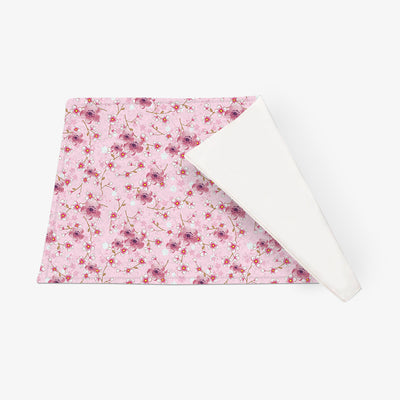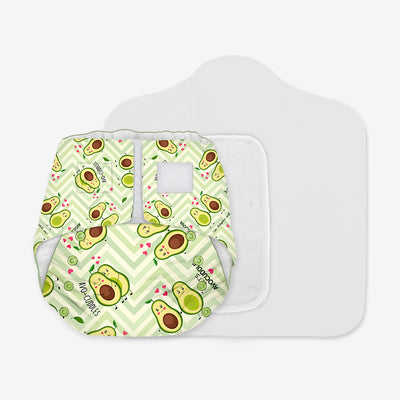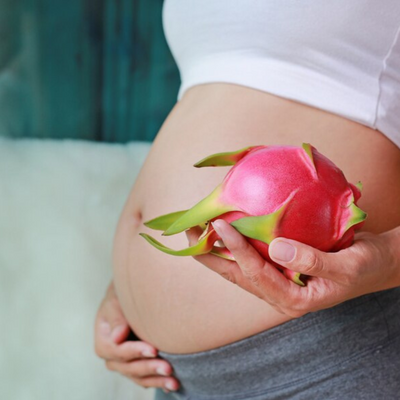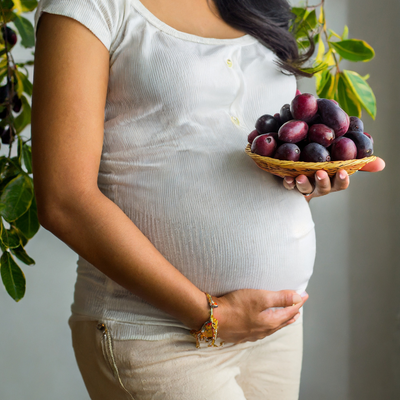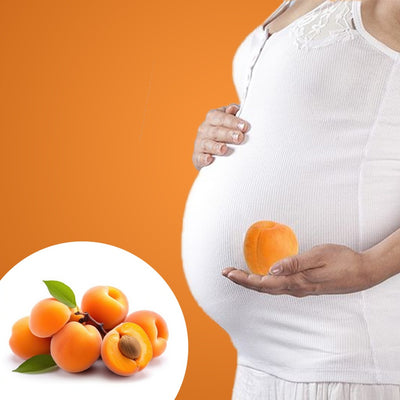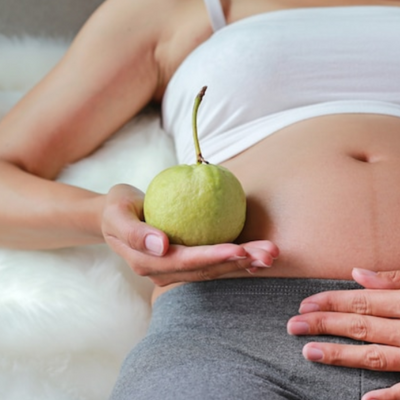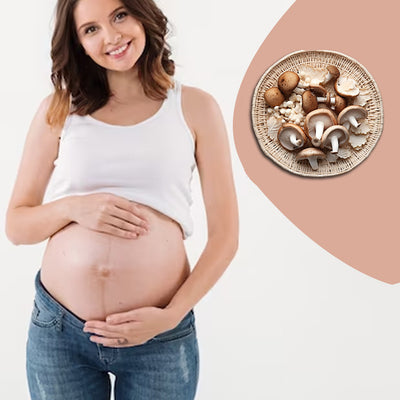Benefits of Dates During Pregnancy

Consuming Dates During Pregnancy
Pregnancy brings both excitement and caution, particularly when it comes to diet and nutrition. Among the plethora of advice, one particular fruit often piques interest: dates. Dates are a popular ingredient in many cultures, including Indian cuisine, due to their rich flavor and nutritional value. However, expectant mothers may wonder whether eating dates during pregnancy is safe and if they have any potential benefits, particularly in terms of labor. In this article, we delve into the science behind the consumption of dates during pregnancy, exploring their impact on both maternal health and labor.
Is It Safe to Eat Dates During Pregnancy?
Navigating the dietary landscape during pregnancy can feel like a maze, especially when trying new foods like dates. However, including dates in your pregnancy diet can be both safe and beneficial. Dates are high in essential nutrients such as fiber, potassium, and iron, making them an excellent addition to maternal nutrition. Furthermore, research suggests that eating dates during pregnancy may help to improve cervical dilation, potentially easing the labor process. Dates, with their sweet and satisfying flavor, are a tasty and nutritious option for expectant mothers looking to supplement their diet.
Benefits of Eating Dates During Pregnancy
Nutrient Powerhouse:
Dates are high in essential vitamins and minerals like potassium, magnesium, and vitamin B6, all of which are important for fetal development and maternal health. Incorporating dates into the pregnancy diet ensures a balanced intake of these essential nutrients, which promotes overall health.
Digestive Health Support:
Dates' high fiber content acts as a natural remedy for constipation, a common discomfort during pregnancy. Dates promote regular bowel movements and aid digestion, which contributes to better gastrointestinal health for expectant mothers.
Sustainable Energy Dates:
which are high in natural sugars, provide a quick and sustained energy boost, combating the fatigue and lethargy that are so common during pregnancy. This consistent source of energy keeps expectant mothers active and alert throughout the day, enabling them to complete their daily activities and tasks.
Blood Pressure Regulation:
Dates contain a lot of potassium, which helps to keep your blood pressure stable during pregnancy. Dates help reduce the risk of gestational hypertension and preeclampsia by regulating fluid and electrolyte levels in the body, resulting in a safer pregnancy.
Iron-Rich Option:
Dates are an excellent source of dietary iron, which is required for red blood cell production and can help prevent iron deficiency anemia in pregnant women. Pregnant women who eat dates can boost their iron stores and support optimal oxygen transport to the developing fetus
Skeletal Health Promotion:
Dates contain high levels of calcium and phosphorus, which are essential minerals for bone development and strength. Expectant mothers can promote the healthy growth and development of their own bones as well as those of their growing baby by consuming adequate amounts of these nutrients.
Labor Preparation Assistance:
Consuming dates in the final stages of pregnancy has been linked to potential benefits in preparing the body for labor. According to research, regular consumption of dates may promote cervical ripening and stimulate uterine contractions, potentially resulting in shorter labor durations and smoother deliveries.
Antioxidant Defence:
Dates are high in antioxidants, such as flavonoids and phenolic compounds, which help protect cells from oxidative damage and promote maternal well-being throughout pregnancy. Expectant mothers can boost their antioxidant defenses and lower their risk of oxidative stress complications by including dates in their diet.
Different Ways of Consuming Dates During Pregnancy
Fresh Dates:
Enjoy dates in their natural form for a sweet and satisfying snack. Simply wash and remove the pits before indulging in the nutritious goodness of fresh dates.
Date Smoothies:
Blend fresh dates with your favorite fruits, yogurt, and a splash of milk for a creamy and nutritious smoothie. This refreshing beverage is perfect for satisfying pregnancy cravings while providing a boost of vitamins and minerals.
Stuffed Dates:
Elevate the flavor of dates by stuffing them with nutrient-rich ingredients like nuts, almond butter, or cream cheese. These stuffed dates make for a delicious and indulgent treat that's perfect for snacking or dessert.
Date Energy Balls:
Combine dates with rolled oats, nuts, and seeds to create energy-boosting date balls. These bite-sized snacks are convenient for on-the-go consumption and provide a healthy dose of energy and nutrients during pregnancy.
Date Paste:
Make a versatile date paste by blending dates with water until smooth. Use this sweet and sticky paste as a natural sweetener in baking, cooking, or spreading on toast for a nutritious twist to your favorite recipes.
Date Desserts:
Incorporate dates into your favorite dessert recipes, such as date squares, puddings, or cakes. These decadent treats offer a healthier alternative to traditional desserts, while still satisfying your sweet tooth during pregnancy.
Date Salad:
Add chopped dates to your salads for a burst of sweetness and texture. Pair dates with leafy greens, nuts, seeds, and a tangy vinaigrette for a refreshing and nutritious salad that's perfect for a light meal or side dish.
Side Effects of Eating Dates During Pregnancy?
While dates offer numerous health benefits when consumed in moderation during pregnancy, it's essential to be aware of potential side effects:
High Sugar Content:
Dates are naturally high in sugar, which may contribute to weight gain and gestational diabetes if consumed in excessive amounts. Moderation is key to avoiding spikes in blood sugar levels.
Caloric Intake:
Due to their dense calorie content, overconsumption of dates may lead to excessive calorie intake, potentially resulting in unwanted weight gain during pregnancy.
Allergic Reactions:
Some individuals may be allergic to dates, experiencing symptoms such as itching, swelling, or difficulty breathing. If you have a known allergy to dates or other fruits, exercise caution when consuming them during pregnancy.
Gastrointestinal Discomfort:
The high fiber content in dates can cause gastrointestinal discomfort, such as bloating, gas, or diarrhea, especially if consumed in large quantities or by individuals with sensitive stomachs.
Potential Laxative Effect:
Dates contain natural laxative properties due to their high fiber content, which may lead to increased bowel movements or loose stools in some individuals, particularly if consumed in excess.
Interference with Blood Sugar Levels:
Pregnant women with diabetes or gestational diabetes should monitor their blood sugar levels closely when consuming dates, as they may affect glycemic control.
Risk of Tooth Decay:
The sticky texture of dates can adhere to the teeth, increasing the risk of dental decay and cavities, especially if proper oral hygiene practices are not maintained.
Contraindications with Certain Medications:
Individuals taking medications for diabetes, blood pressure, or other medical conditions should consult with their healthcare provider before incorporating dates into their diet, as they may interact with certain medications.




